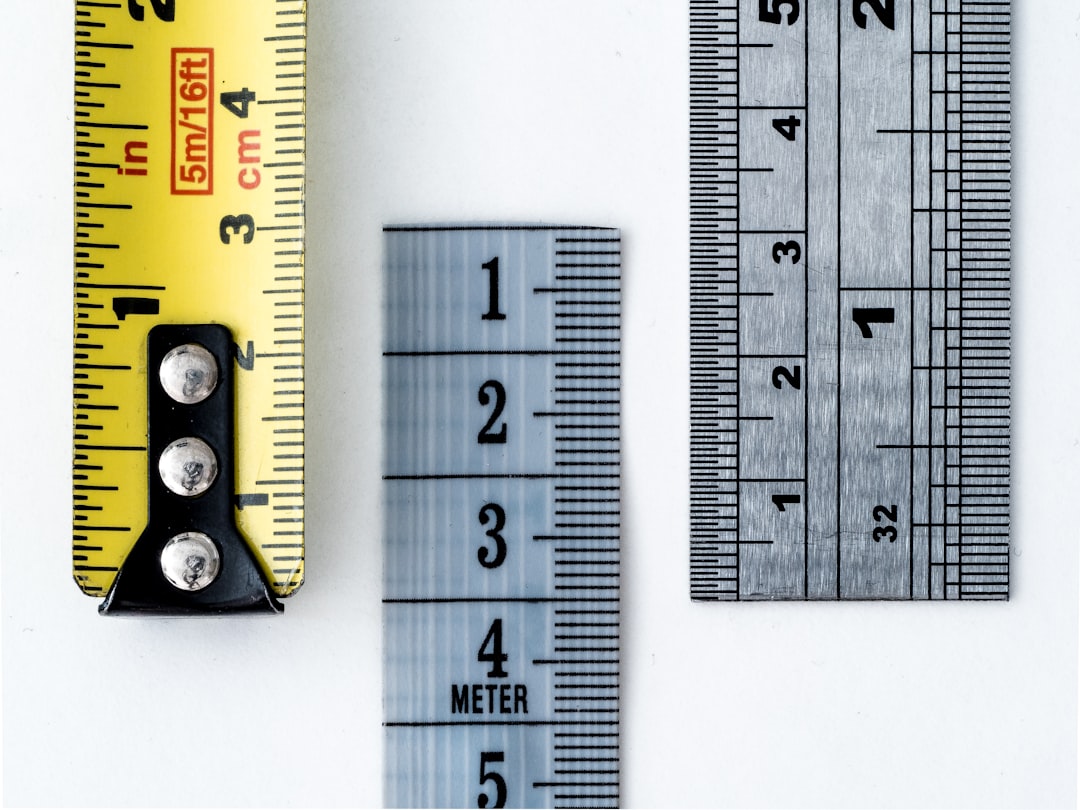What is it about?
Prosocial behavior, or other-focused actions, benefits both individuals who enact these behaviors and broader society by caring for others. Black Americans may choose to invest in the humanity of others by being prosocial, despite experiences of racial discrimination, because of the nature and importance of their religious and spiritual characters. Black American men gave to charities or causes, volunteered, and mentored youth more often when they were involved in their places of worship and when their religious/spiritual belief systems were important to them.
Featured Image

Photo by Edson Diogo on Unsplash
Why is it important?
Black Americans' prosocial behaviors and attitudes are woefully understudied. Bringing together research on Black American men's religiosity and spirituality with research on prosocial behavior in this study is an important reflection of the fullness of Black men's characters despite the stressors of navigating a racist society. Prosocial behaviors of Black Americans can be best understood in light of meaningful experiences of navigating a racist society and of living out the tenets of one's faith.
Perspectives
My favorite takeaway from this article has to do with re-envisioning the way we ask questions about Black American men's giving and loving capacities. We started from a place of knowing that Black American men are incredibly capable of giving to others selflessly and understanding how they do so in the context of daily life, the good and the bad parts, was a joy to explore.
Kayla Fike
Vanderbilt University
Read the Original
This page is a summary of: The power of faith: Racial discrimination and religiosity among Black American men., Cultural Diversity and Ethnic Minority Psychology, December 2022, American Psychological Association (APA),
DOI: 10.1037/cdp0000574.
You can read the full text:
Contributors
The following have contributed to this page










